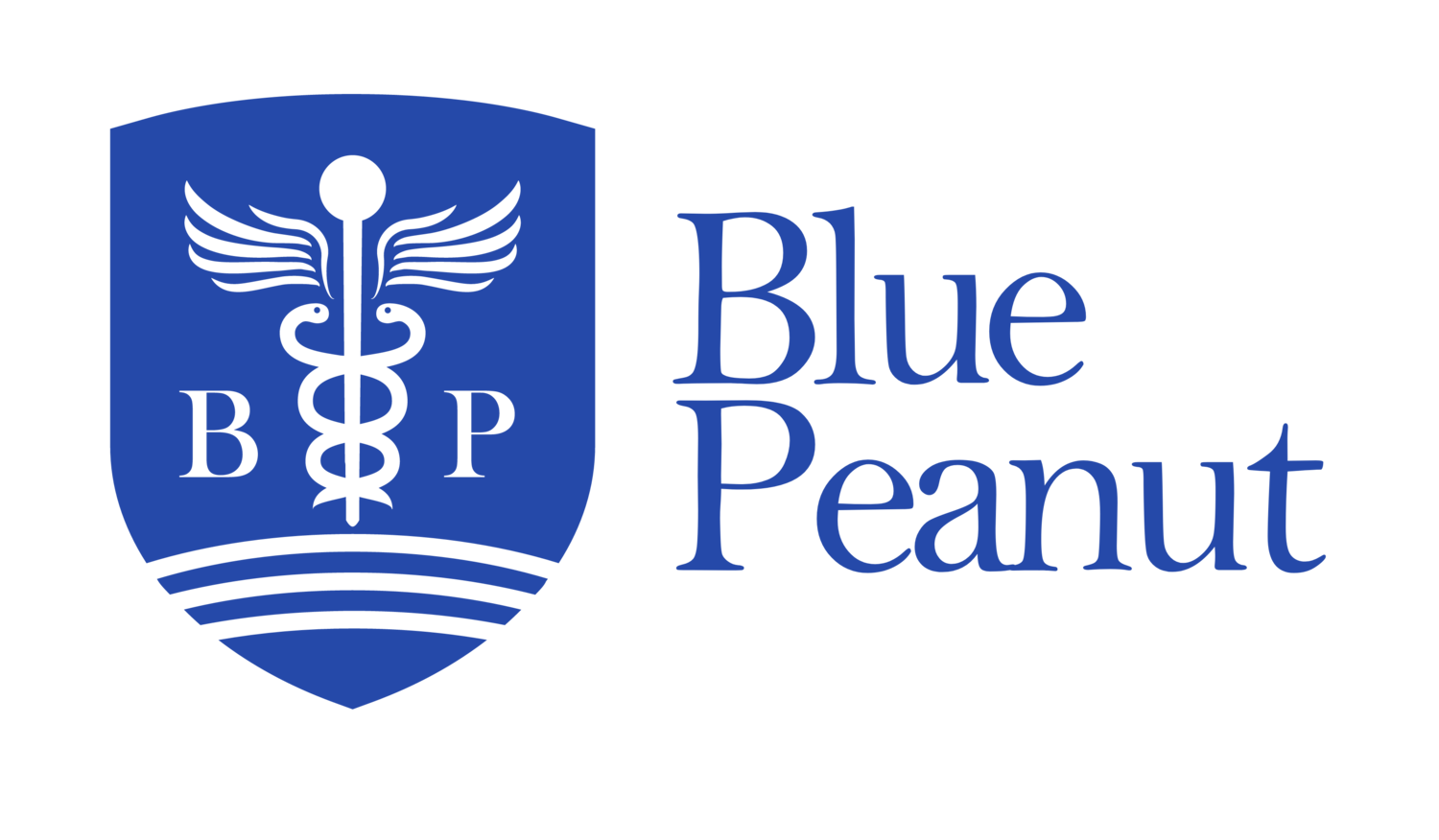Hot topic: Coronavirus and How it Impacts the NHS
The novel coronavirus originated in the city of Wuhan, China. It is a genetically mutated version of the SARS virus, which causes its own outbreak in 2002. On 11th March, COVID-19 was declared a pandemic by the World Health Organisation (WHO). The number of cases has surpassed 100,000 and the number of deaths is close to 15,000 (as of April 17th).
So, how does this impact the NHS?
NHS staff will need to deal with patients which come into their local hospitals, and this therefore puts more pressure districts to work more closely with each other, and ensure communication between hospitals in their trust is better than ever. There will also undoubtedly be an increase in the patients admitting into A&E and GP attendances. Currently patients are being given oxygen treatment, followed by the application of a ventilator in the Intensive Care Unit (ICU), if need be. However the number of ventilators that could be required in the future are limited, and hence this notion of ‘flattening the curve’ is so important. This allows the NHS to deal with a small number of patients at a time, to prevent an overload of demand for ventilators.
Community care givers, such as those who run care homes, are also experiencing the trauma of this pandemic. Covid-19 has hit over 2,000 care homes up and down the country, and there are concerns that these numbers may be growing. There is also a real concern that these care givers are not receiving the appropriate ‘PPE’ (personal protective equipment) they require in order to safely deliver care to their residents.
This is definitely a hot topic, and one which is very likely going to be asked at medical interviews in the coming years. An example question interviewers may ask is, “What is the importance of all forms of media in public health emergencies, using Covid-19 as an example?”. For this question, for example, a good answer would include how different forms of mainstream media has covered the outbreak. The positive roles this can play in conveying information, and including contrasting views, such as how ‘fake-news’ can circulate, and the impacts that can have. You could also mention how WHO, Public Health England and NHS England have responded to the crisis, through campaigns such ‘catch it, bin it, kill it’.
My advice for any prospective medical students would be this. In order to successfully answer questions like these, it is vital to keep up to date with important healthcare stories and developments. It is crucial to look at what key organisations/individuals are saying about these issues and think critically about the reasons behind their statements. Reading opinion pieces from experts in the relevant fields is often a very helpful way of doing this.
